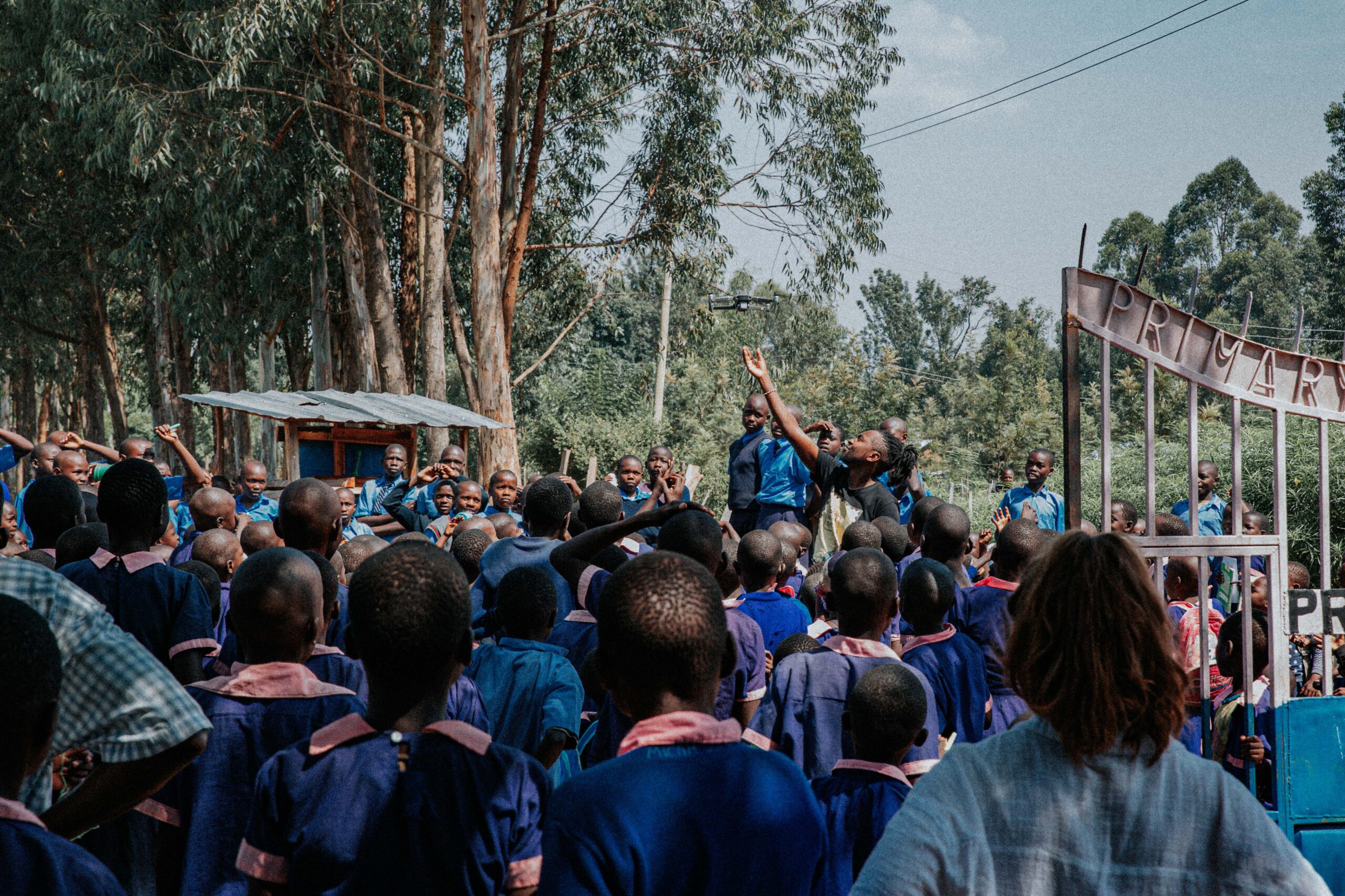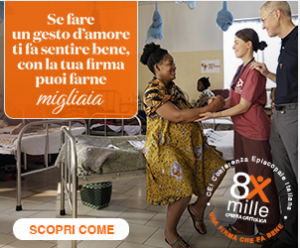The project NJIA YA NYUMBANI – The Way Home aims to strengthen community and institutional response to the phenomenon of street children in Mlango Kubwa in the Starehe sub-county of Nairobi, Kenya. This context is characterized by the phenomena of uncontrolled mass urbanization, lack of social services, high crime, and unemployment, high number of early pregnancies, gender-based violence and tendency to substance abuse. Particularly serious is the plight of minors, who lack a meaningful family context and are exposed to the dangers of street life such as petty crime, drugs, and sexually transmitted diseases.
GRT, funded by CEI and in collaboration with HAART as local partner, works directly with vulnerable children and youth to engage them in a rehabilitation process aimed at strengthening their psychosocial well-being and offering an alternative to street life.
The intervention is implemented through a series of diversified but interconnected activities to create an integrated rehabilitation system that takes into account all the essential components for a family, school and community reintegration of the beneficiaries, giving special attention to long-term sustainability. Collaboration and later training with local stakeholders are crucial aspects.
To activate psychosocial rehabilitation programs, street activities are the entry point for establishing contact with children. Through collaboration with local partner HAART, we can ensure experience and expertise in the area of human trafficking, a phenomenon that is widespread among the most vulnerable segments of the population. Every identified beneficiary is taken in by the project and supported with an individualized approach, based on the information gathered regarding family history, economic situation, and the causes that led to street life. GRT workers conduct intensive street mapping and work side-by-side with beneficiaries, building trust, encouraging dialogue and participation in learning sessions. A key element of engagement is the distribution of food, recreational activities and hygiene awareness.
After the outreach, the project works to implement school integration and follow the beneficiaries on their path throughout the duration of the project, staying in touch with their families, teachers, and arranging to pay school fees and provide the necessary materials.
For everyone, contact with the family of origin is re-established, and the family is prepared to receive the child after being placed in a training program that includes work on their parenting skills and training on how to run a family-run business, through an initial income to start the business, under the supervision of project workers. This is useful to prepare the family for the safe child’s reentry with the assurance that the family will be able to provide for basic needs.
This project was implemented with the 8xmille funds to the Catholic Church.

The 8xmille to the Catholic Church enabled us to implement project 605/2022 Njia ya nyumbani: the way home. If you are interested in contributing to similar projects, please click below.


